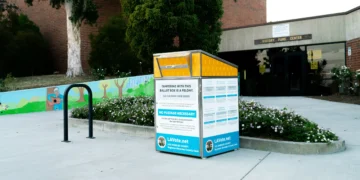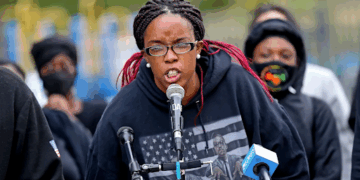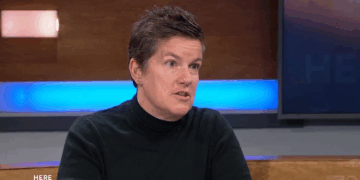Wisconsin Republicans continue to be uncomfortable with the politics on UW campuses across the state.
Lawmakers on Wednesday confirmed that they are considering an $87 million cut to the University of Wisconsin’s budget.
Speaker Robin Vos told reporters at the Capitol the cut is tied to Republican concerns about the political mindset, and political atmosphere on campus.
“It’s not about cutting money,” Vos said. “It is about getting some kind of reforms to the broken process that we currently have.”
The University of Wisconsin System currently gets about $2.5 billion in direct state aid for a nearly $13 billion total budget in the current two-year state spending plan. The UW is asking for $855 million more in the next two-year state budget.
Vos didn’t rule out sending the UW more money, but not without concessions from the university first. (RELATED: Wisconsin Supreme Court Strikes Down Legislative Oversight Of DOJ Civil Settlements)
“This is not a new topic for Republicans,” Vos explained. “I think we look, and say that there is still too much political correctness on campus, we don’t have enough respect for political diversity, heaven forbid if you’re a student who’s Jewish or you know has a different viewpoint on campus where you feel like you’re either targeted or the victim of potential hate. So we want to ensure that whatever happens on campus, it is a free exchange of ideas. And that people understand that’s the basis for what the university should be.”
Top Democrats at the Capitol on Wednesday said any cuts to the UW could have devastating consequences. (RELATED: Trump Targets Foreign and “Straw Donor” Contributions in Online Fundraising Crackdown)
“A cut like that would have serious consequences for economies across Wisconsin and the future of our state,” Assembly Democratic Leader Greta Neubauer said. “A cut like that could mean closed campuses with Platteville, River Falls, or Stevens Point-Marathon County at risk.”
Republicans are writing the state budget, and are looking at an end-of-the-month deadline.
This article was originally published with the MacIver Institute































